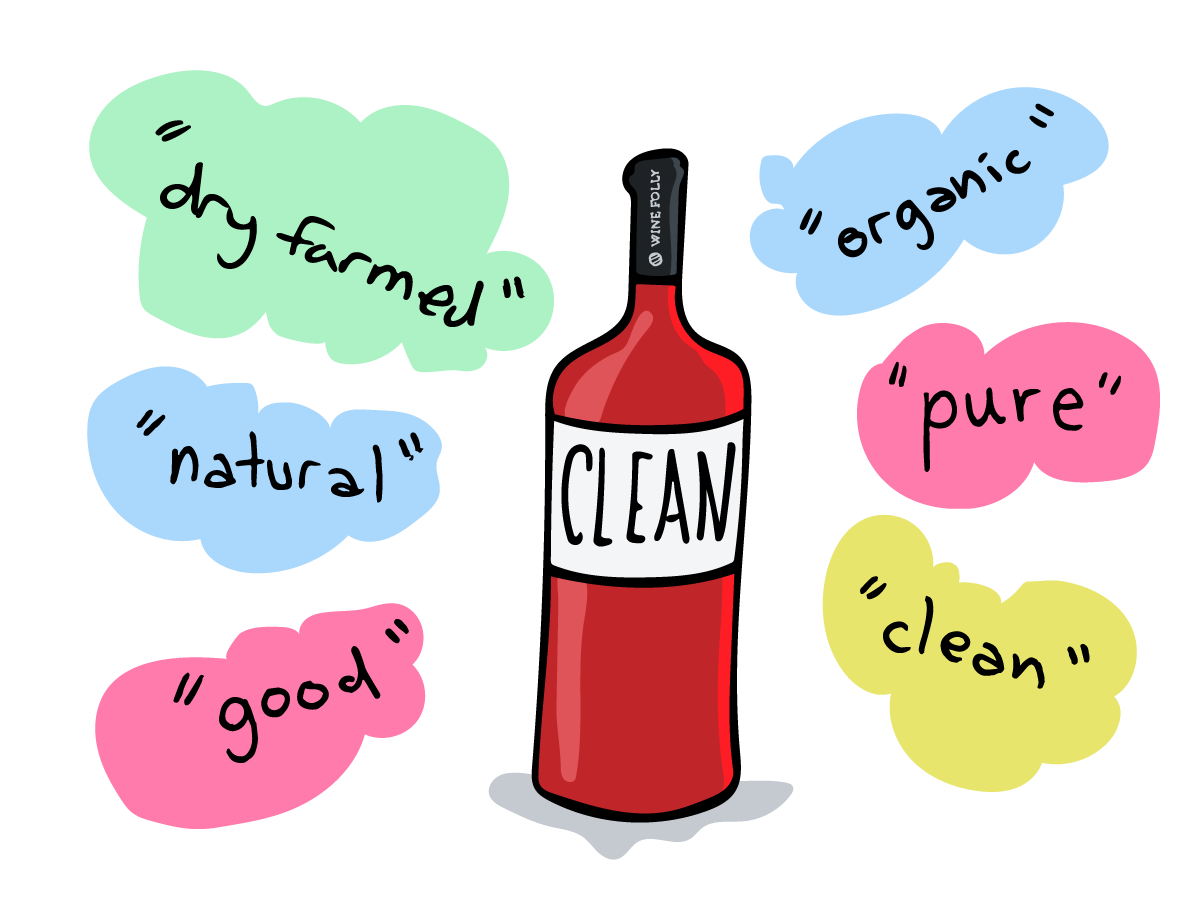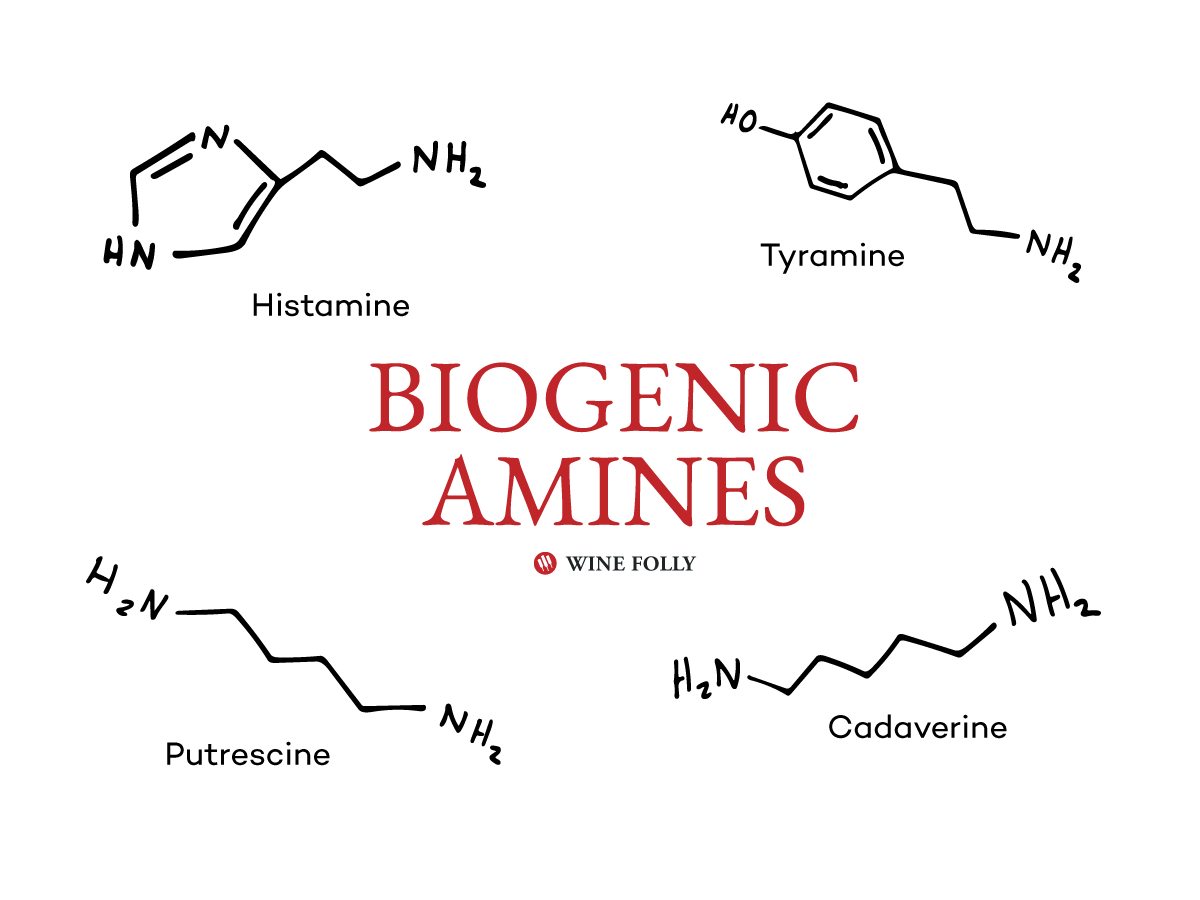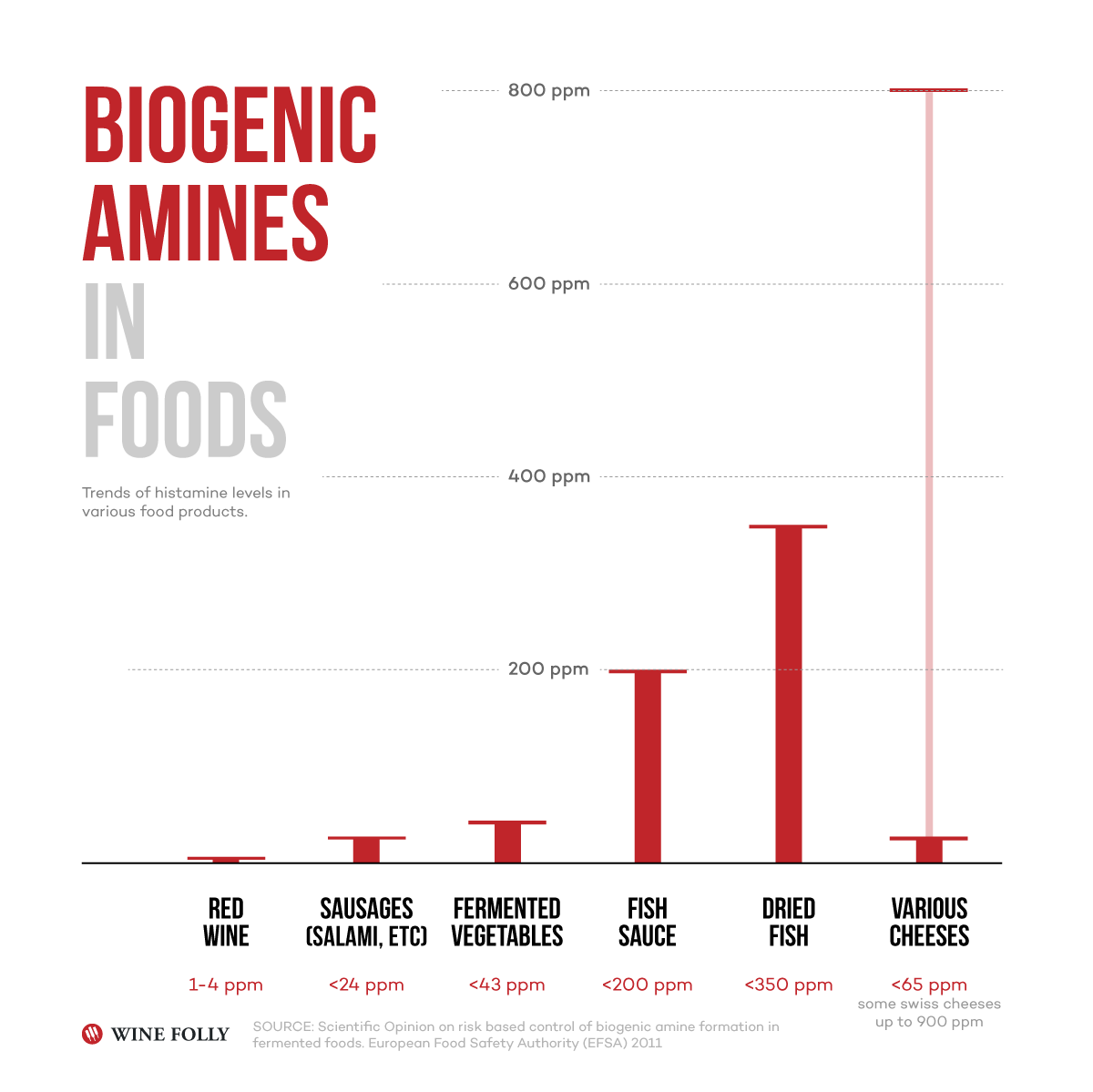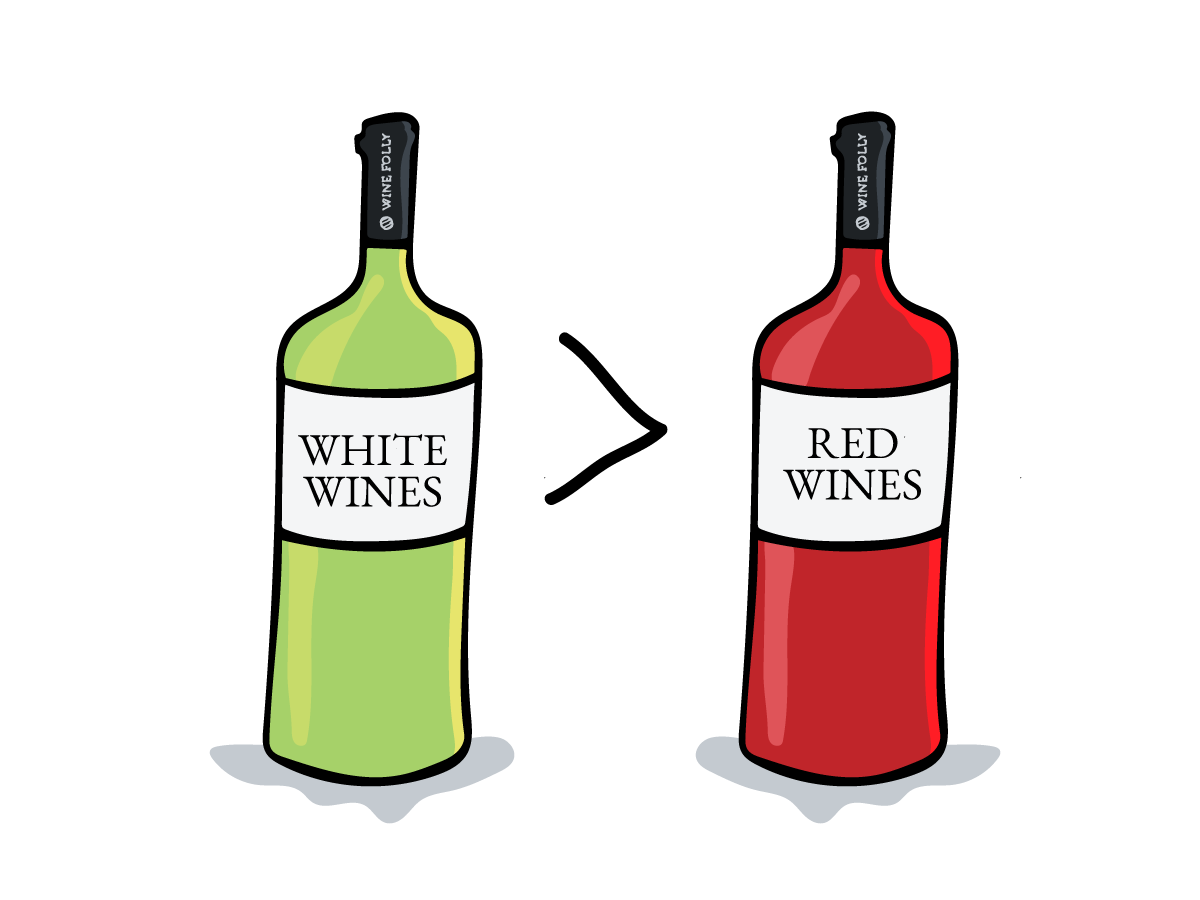Looking for clean wines? Let’s explore some of the fears around wine additives and sulfites and find out what’s actually giving you a headache.
Are “Clean Wines” Really Clean?
Many wines claim to be “clean” but are they? Also, are natural wines clean?
As we’ll soon find out, there’s very little transparency about this topic, and the truth goes into uncharted territory.

Feeling “Off” After Drinking Wine
In excess, any alcoholic beverage brings feelings of fatigue, headaches, nausea, and abdominal pain. However, some drinkers complain about the onset of these symptoms after just a glass or two of wine.
What is causing this?
Additional savings on bundle prices.
Is it sulfites? Added sugar? Alcohol sensitivity? Or some other wine additive?
As it happens, it’s probably not sulfites, added sugar, or wine additives.
That “off” feeling you get from wine might come by a group of compounds called biogenic amines.

What Are Biogenic Amines?
Biogenic amines are organic nitrogen compounds that emerge naturally during winemaking. They include compounds like histamine, tyramine, putrescine, and cadaverine.
 Safe levels of biogenic amines have yet to be determined across a range of fermented foods.
Safe levels of biogenic amines have yet to be determined across a range of fermented foods.
You’ll find biogenic amines in many foods including processed fish, meat, cheese, and fermented things (such as beer, wine, and kimchi).
Higher levels of biogenic amines (especially histamine and tyramine) cause flushing, headaches, nausea, and fatigue.
One Extreme Example
In one case report, six individuals aged 22 to 27 went to the emergency room with alcohol-poisoning-like symptoms after drinking about 3 glasses of wine at a party. The wine was only 10.5% alcohol by volume (which is low), so it didn’t make sense that these individuals would be so ill.
After some microbiological testing, scientists found the wine contained “not negligible” levels of biogenic amines.
Which Wines Contain Biogenic Amines?
Unfortunately, there are no hard-and-fast rules to follow on avoiding wines with biogenic amines because there is very little data available. (read more about this below.)

What If You’re Sensitive to Biogenic Amines?
Some of us are sensitive to biogenic amines (including me, the author). We experience flushing or get headaches easily after just a few sips of wine. So, here’s some practical advice on what to do about it:
- Always drink a glass of water before you drink a glass of wine. This eliminates the possibility that you might be dehydrated.
- If you’re going to drink more than a glass of wine, stick to white, rosé, and sparkling wines instead of red wines. (more on this below.)
- Despite our fears associated with sulfites, wines that contain sulfites stop the creation of biogenic amines by controlling microbial…




